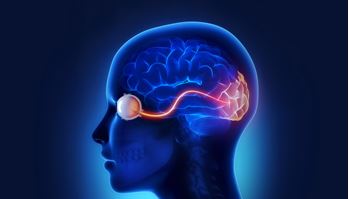Neuromarketing, c’est l'un des sujets les plus discutés de nos jours. En effet, avec l'utilisation des nouvelles technologies, nous sommes constamment exposés à des publicités. Notre cerveau se confronte-t-il aux publicités, ou devient-il victime de ces dernières ?
Selon une recherche récente menée par A.K PRADEEP, le fondateur de NeuroFocus, le cerveau humain consacre environ 2% de son énergie à des activités conscientes tandis que le reste est largement consacré à des processus inconscients. Par conséquent, le défi pour les entreprises est d'atteindre la partie subconsciente du cerveau, où le consommateur potentiel développe un intérêt pour le produit annoncé et devient vraiment enclin à acheter le produit.
Si nous nous basons sur la société française, 92% des français utilisent constamment leurs smartphones au travail, influençant ainsi facilement le cerveau humain. Les entreprises utilisent normalement des techniques pour attirer l'attention de leurs cibles. D'où une interaction entre le cerveau humain et l'annonce.
Do Ads whisper to our brains?
Neuromarketing is one of the most talked topic nowadays. Indeed, with the usage of technologies nowadays, we are constantly exposed to advertisements. Does our brain confront the adverts, or does it become a victim of the latter?
According to a latest research A.K PRADEEP, the founder of NeuroFocus, the human brain spends approximately 2% of its energy on conscious activities whilst the rest is largely devoted to unconscious processes. Therefore, the challenge for firms, is to reach the subconscious part of the brain, where the potential consumer develops an interest in the product advertised and really gets inclined to buy the product.
If we take for instance, the example of the French community, 92% of them constantly use their smartphones at work thus, easily influencing the human brain. Companies normally use techniques to attract the attention of their targets. Hence providing an interaction between the human brain and the advert.



